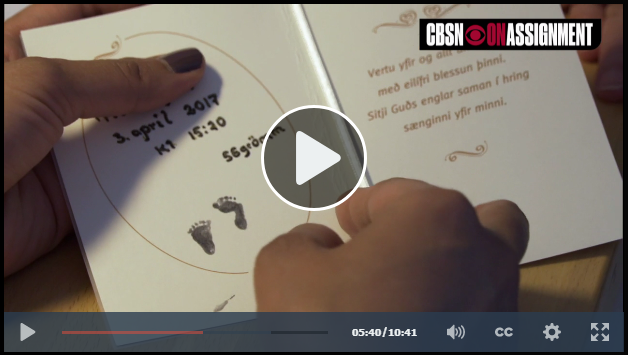When Kim told her friend Amanda that she was pregnant and planning to get an abortion, Amanda didn’t know what to do – except pray. The very next day, when Amanda saw Justice For All volunteers holding an outreach on her campus, she wondered if it might be the answer to her prayers. So when one of her classes that day was canceled, she spent most of that class hour receiving a crash-course in learning how to talk about abortion from Catherine Wurts (JFA Trainer from 2009-2017). Then she again prayed.
Later that same afternoon Amanda shared the JFA Exhibit Brochure (which contains photos of unborn children before and after abortion) with her friend Kim. After talking with Amanda and seeing abortion in the JFA Exhibit Brochure, Kim said,
“I realized that getting an abortion would be worse for my baby than the bad situation I’m in with my boyfriend.”
(Click here to read the full story, and see Kim’s baby, “Lucy.”)
So many people like Kim are all around us. As Christ-followers, how can we be the hands and feet of Christ to our vulnerable neighbors, those facing unwanted pregnancy (or who will face this in their future) and those in danger in the womb?
Justice For All is committed to coming alongside churches in their discipleship work, specifically preparing Christians to respond to unwanted pregnancy. JFA is here to help you turn the abortion debate into a dialogue in your everyday life, in a way that can change hearts and minds. You can pray for, prepare for, and create heart-changing conversations like the one I mentioned above. Here are just a few resources to help you and your local church get started:












